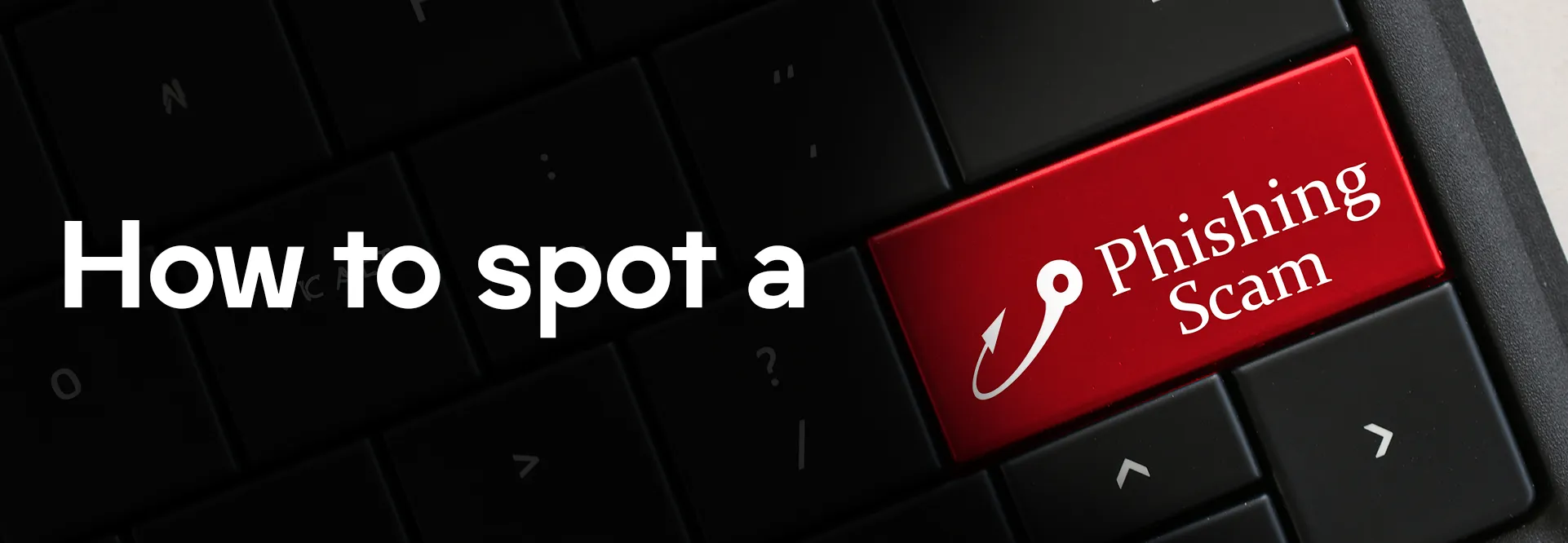How to Identify and Protect Yourself from Vishing Scams
Mondo Admin / 10-02-2025 / Tech news
Learn how to spot and avoid vishing scams with expert tips. Stay safe from phone scams by knowing the warning signs, checking who’s calling and keeping your personal info secure.
Scams are everywhere these days, and phone scams (also called "vishing") are becoming more common. Scammers trick people into giving away personal details like bank info, passwords, or one-time pins (OTPs).
They do this by sounding convincing and using personal info they’ve found online and by pretending they belong to a legitimate organisation.
Knowing how to tell a real call from a scam can help protect your hard-earned money.
First Clues That Something’s Wrong
Scam calls often start in a way that feels urgent or confusing. Scammers might pretend to be from a company you know to gain your trust.
They try to scare you or rush you or flood you with information. Then they will start asking for sensitive details like passwords or bank info. They want you to feel like you have no choice but to act quickly.
It’s important to remember that real companies won’t ask for this kind of info right away. If someone does, hang up.
Common Red Flags to Watch For
Scammers often use the same tricks. Here’s what to look out for:
- The call is unexpected.
- They ask you multiple questions that can be answered with “Yes” or “No”.
- The caller sounds urgent or tries to scare you.
- They ask for personal information.
- They threaten to cut off a service or close an account.
- They ask for money upfront.
- The offer sounds too good to be true.
Remember, if someone’s pressuring you to decide fast, that’s a big warning sign.
Why Are These Scams Happening More Often?
Two big reasons: data breaches and easy access to personal info. Scammers can find your name, employer, and contact details online. They use this to make their calls seem more believable.
They’re really good at sounding trustworthy. They use what they know to trick you into thinking it’s a real call.”
How to Check If a Call Is Real
If you’re unsure about a call:
- Ask questions, but don’t share personal details.
- A real representative should be able to confirm things without asking for sensitive info.
- Use apps like Truecaller to check numbers, but remember, no app is 100% reliable.
- The safest option? Hang up and call the company back using a number from their official website.
How Scammers Talk
Scammers can be charming and often, pushy. Some act super friendly to gain your trust. Others sound strict or bossy to scare you into acting fast so pay close attention to how they talk. It can be the biggest giveaway.
What to Do If You Think You’ve Been Targeted
If you think you’ve spoken to a scammer:
- Report it to your service provider right away.
- Check if any of your personal info has been changed.
- Change your passwords immediately.
- Turn on two-factor authentication if you can.
Knowledge Is Power
Being cautious doesn’t mean missing out on good opportunities—it just means making sure everything is safe and legit.
Stay alert. If you aren’t sure about the caller’s intentions, ask questions. Above all,, trust your gut. If it feels suspicious, chances are, it is!
Next time your phone rings, remember, a little caution can go a long way in protecting your money and personal info.









